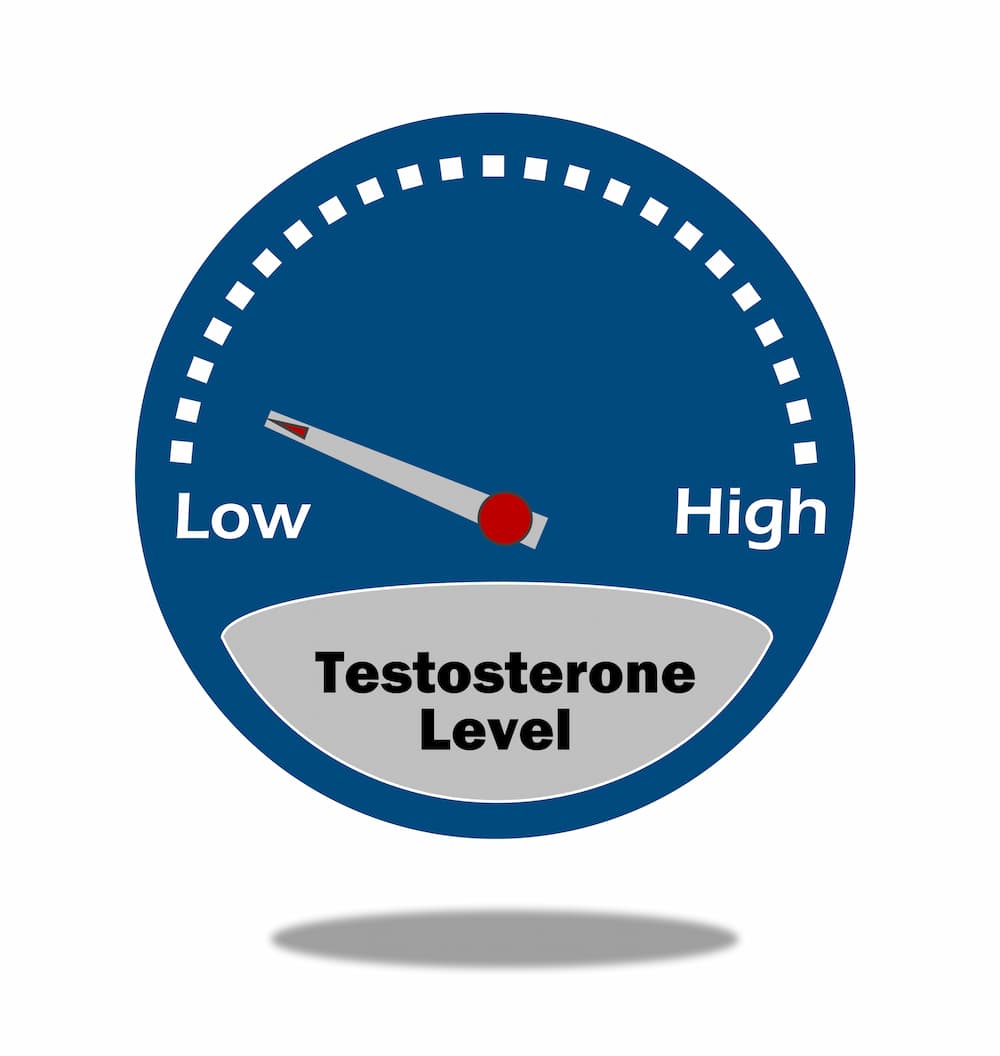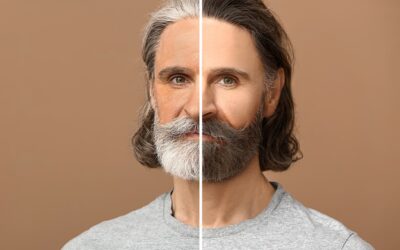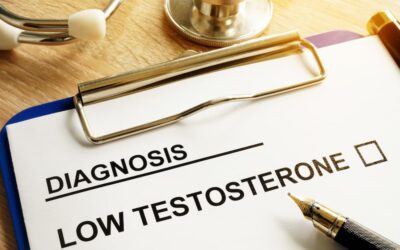When you were 20, 25, or even 30-something years old, how did you imagine life would change as you got older? No matter what kind of future you pictured, it’s probably safe to say that thinning hair, a fast-declining sex drive, and an expanding gut wasn’t what you had in mind.
Unfortunately, many men start to experience a whole host of unpleasant symptoms like these, especially as they cross the threshold into middle-age and beyond. And even though plenty of people assume that it’s all part of getting older – and there’s nothing you can do about these side effects – so many of these so-called signs of aging are actually the tell-tale symptoms of low testosterone.
Testosterone is one of the foundational biological powerhouses of a man’s health and wellness, fueling everything from energy levels and mental fortitude to sexual performance and muscle gains. And when it runs low, the impact can reach just about every aspect of your life. But if you’re ready to recognize the signs of low testosterone, you can take quick action to get your body back in balance and continue to live your best life.
What happens when testosterone levels are low?
Your body is like a finely tuned machine when it comes to testosterone production… or at least, it is until you hit age 30 or so. Testosterone peaks in your teen years (you can thank testosterone for pushing you through puberty), and then start to decline around the time you cross into your 30s.
Depending on where your T-levels start out, you can end up with a testosterone deficiency within a few years or even a few decades. The range for healthy testosterone levels is wide, which is why a small percentage of men might never have to deal with low-T. But for the rest of men, slowing rates of testosterone production can quickly take a toll on their quality of life.
Testosterone plays an important part in multiple aspects of men’s wellness, including:
- Body composition (fat vs. muscle)
- Focus and concentration
- Moods
- Energy
- Weight regulation
- Sex drive
- Erectile function
So, you can see how subpar levels can become a big issue in little to no time at all.
Common Low Testosterone Signs & Symptoms
At our low-T clinics across the U.S., we have heard countless stories from men whose road to low-T treatment started when they noticed that something felt “off.” Whether it was a shift in their moods, their gym routine, their intimate relationships, or even on the scale, many men start to notice changes in how they look or feel. And oftentimes, these changes are actually an indication that low-T levels are to blame.
Some of the most common signs of low testosterone in men include:
- Constantly feeling tired: We all have those days when we’d like to take a long, afternoon nap, but if you’re constantly reaching for a midday coffee or energy drink to survive, low-T could be the culprit. If testosterone levels are out of whack, it can leave you dealing with chronic fatigue that even the best night’s sleep won’t help.
- Weight gain: A couple of pounds isn’t necessarily a big deal, but when the scale keeps creeping up for no apparent reason, you might have low-T. Losing muscle and gaining fat are classic symptoms of low testosterone, so take a second look at those love handles or that stubborn gut.
- Low libido: Low-T could be why you’re having a hard time getting “in the mood” or struggling with erectile dysfunction (ED) problems.
- Mood swings, irritability, anxiety, and/or depression: It’s never fun to ride the emotional roller coaster, and your hormonal health has a very real effect on moods and mental wellness.
- Difficulty concentrating: Nicknamed “brain fog,” the cognitive effects of low testosterone can make you feel like all of your thoughts are in slow motion.
How Do You Treat Low Testosterone?
Do you recognize one or more of the symptoms listed above? If so, don’t panic: low testosterone is a treatable condition that you can effectively manage.
Ehormones MD provides tailored testosterone replacement therapy (TRT) treatments to help men restore their body’s hormonal balance and reclaim their quality of life. We’ll assess your current testosterone levels, then fill in the gaps with a customized dose of testosterone. Depending on your goals and needs, your low-T doctor will adjust your TRT to support steady and sustainable progress.
Conquer Low Testosterone with Effective Treatment Options from Ehormones MD
The signs of low-T don’t have to be a reason to settle for feeling like less than your best, especially not when you can access high-quality TRT options from Ehormones MD all over the U.S. Tackle the problem head-on and address your health once and for all: contact us to set up your consultation today!
Image Source: mypokcik / Shutterstock





